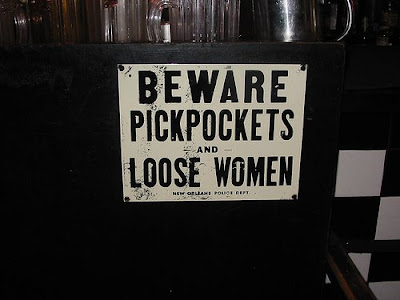"That's Hooper, Big Bird... Hooper"
At some point we all let go of things that bind us to childhood, so maybe it was a year or two after I drifted away from Sesame Street that this was broadcast. I dunno, I still watched it off and on due to my burgeoning interest in cartooning, but this somehow escaped me. I had always wondered what had happened to Mr. Hooper... did he retire and move to Florida as most people his age would do? Was he in an old folks home? Or did he just leave and was talked about, but not in a way that would disturb the show's target audience?
Mr. Hooper died. He was never coming back. We know this because... well, just because.
The tender, yet frank nature of this revelation was brought to us by grown ups who wanted to teach children something meaningful. It was not overwrought, nor was it sugarcoated with children happy code. Big Bird, the anchor of the show, it's ultimate symbol of childhood and our stand-in as kids who wish they knew how to get to Sesame Street, learned one of the truest life lessons of all, and so did we. Each adult had a moment to say something that imparted the nature and wisdom of the lesson, and in doing so they all had a moment to address something which adults are otherwise tasked to hide or put aside for a greater good: their grief. And in doing so, they not only taught us one of the greatest lessons in life, but also created one of the most indellible moments in TV history.
Watching this brought me to a part in my mind and my spirit I often try to avoid because it is so painful. Yet when you watch people react in a way you either have or wish you had, you can't turn away from it. It reminds you of the moment you felt the same way for someone else. In this case, Mr. Hooper was a character I grew up with, yet his departure from the story was not so devastating to me as a child as seeing the reaction to it as an adult. Why? Because I lived it, and I can understand from both sides of the coin. The loss of a loved one to a child is grievous and harrowing, but a child grows in body and intellect and will assimilate this loss in a much different way than an adult. As an adult, we are mindful of such loss, yet we understand and address the nature of life and death, especially as we grow closer to the latter. The nature of a "rational" adult is to protect and survive, and thus our instincts drive us to act, as opposed to think; as though there is "not enough time" to dwell on the meaning of the loss, or we might also die. Action is symbolic of life, and our aversion to death and the need to reaffirm our sense of life drives us to act out of a sense of duty to ourselves and those around us.
It is not wrong, it is instinct. But one thing that separates us from the rest of the animal kingdom, even if it's ultimately just a little, is our ability to rationalize. It is the foundation of all philosophy; the answer to life's questions. The answers are predicated by circumstances and how we adapt to them mentally, spiritually and emotionally. The one thing that drives us closer to our primal state is not having an answer. My best guess is that sadness is closer to primal emotions and especially death than any other emotion, anger included. And what is sadder than what is lost that was loved and made us happy?
With so much making us unhappy these days, it has to be daunting to get up every morning and have to be confronted with it every day. We read about it, hear about it, see it and by consequence insulate ourselves from it before we are overwhelmed. If it isn't someone old, it's someone young. If it wasn't natural, it's news. But what does all of this information overload do to us? Are we truly desensitized to death, or distracted from it enough to avoid facing our primal instincts?
Yes, it is that deep. It was brave of the cast and crew to address death this way and teach children about it in this manner not so long ago. It was a brilliant and ultimately timeless way to address an important issue and provide a means of healing for those who experienced it then as well as now. It choked me up and brought me to tears all these years later. And here I am, rationalizing it all to you.
How do you feel? Because I feel alive.


Comments
Fantastic writing as well Chyll, well done. My kids wondering why I am tearing up now.